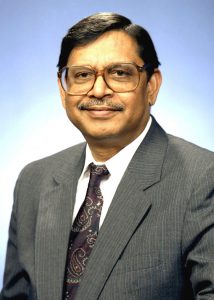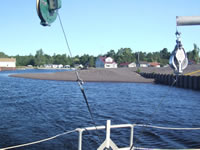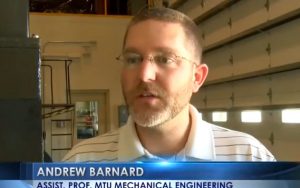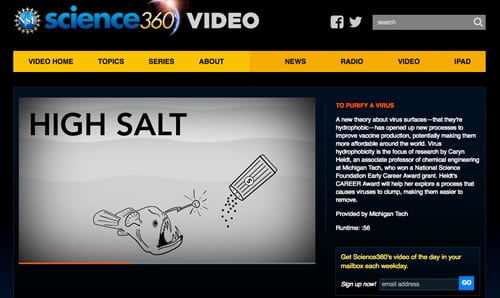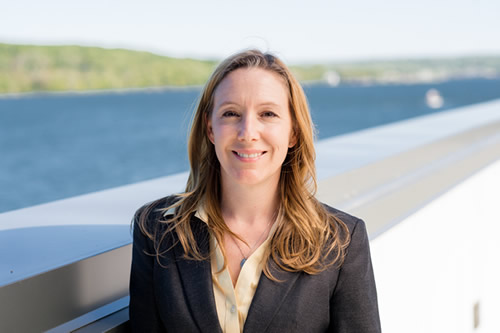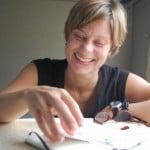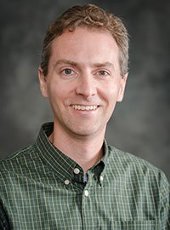
Gregory Odegard (ME-EM/MuSTI), is the principal investigator on a project that has received a $40,000 research and development contract from Colorado Seminary-University of Denver.
Paul Sanders (MSE) and Julie King (ChE) are Co-PIs on the project “I/UCRC: Novel High Voltage/Temperature Materials and Structures.”
